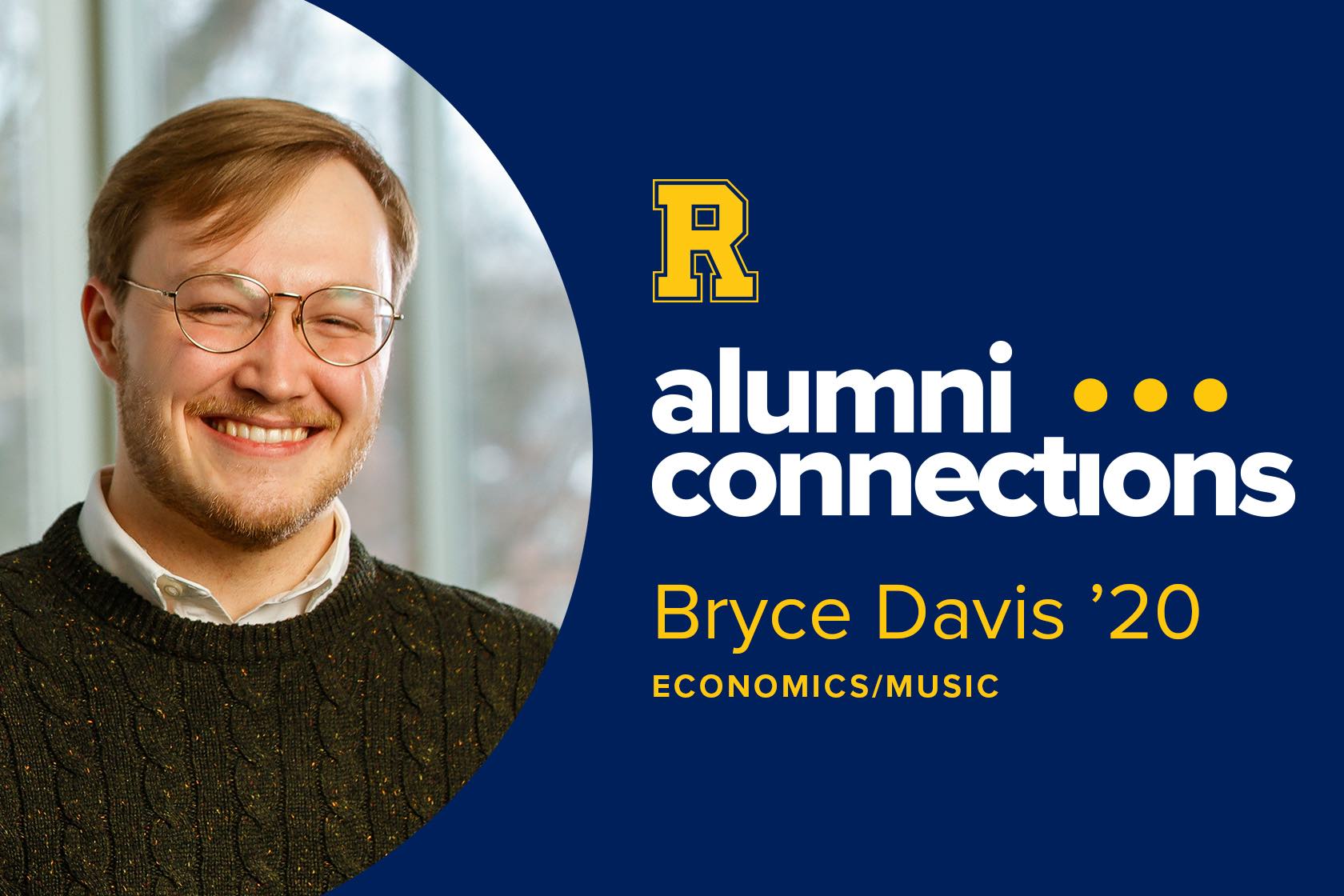
Bryce Davis ’20: Combining music and finance into a fulfilling career
The economics and music major found his path by embracing unexpected opportunities.
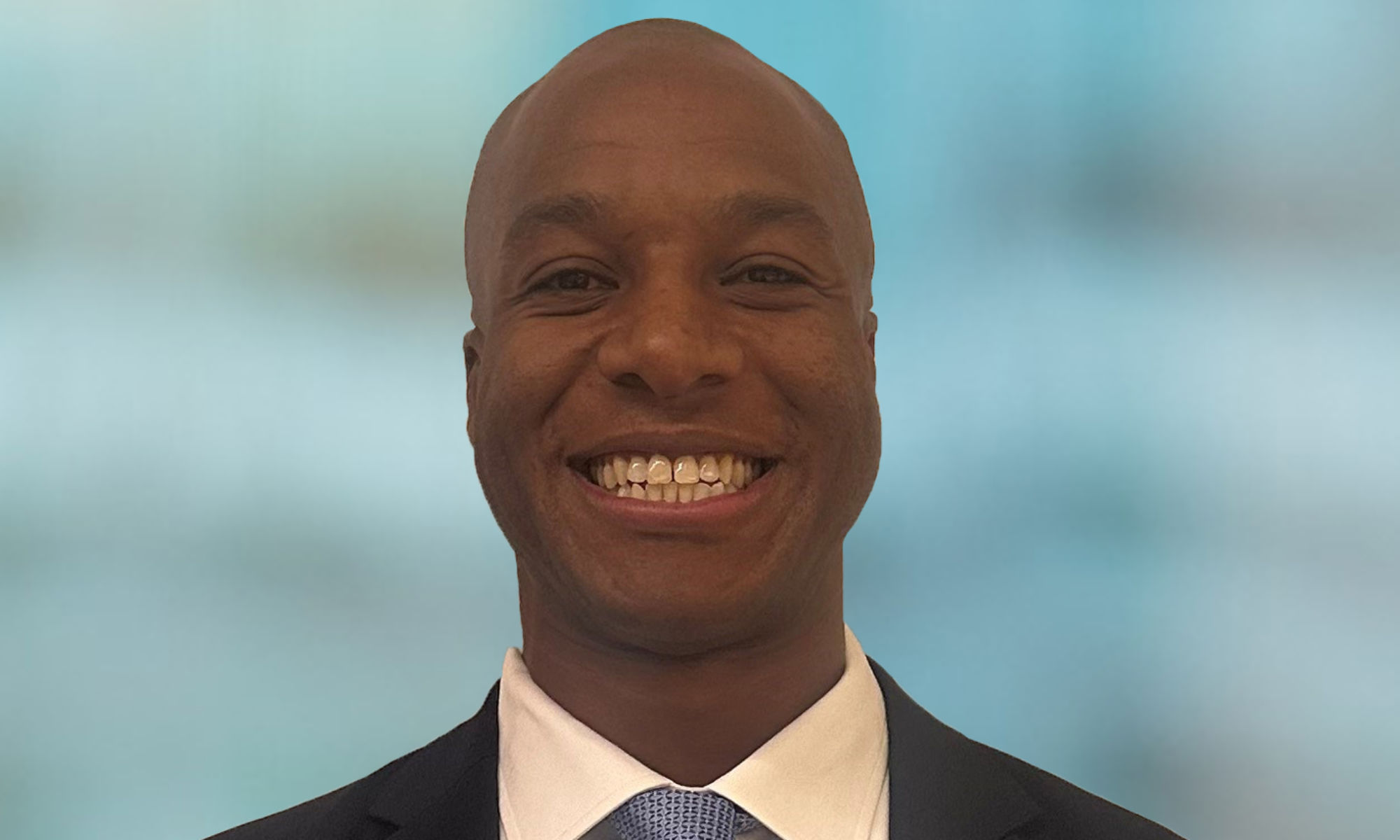
Jon Onyiriuka ’08: From courtside to client-side
How the Rochester alumnus has converted his experiences as a student and an athlete into career success on Wall Street.
Back-to-school meets future-ready: New academic programs at Rochester
The range of recently launched degree programs reflects what students, the workforce, and the world need and want to become ever better.

Why the US-China trade war could last another five years
A Rochester economist applies lessons from the 1980s to explain the United States’ current trade war with the potential superpower.

Do the benefits of school choice miss the grade?
A Rochester economist shares insights everyone should know about such school choice policies, whether or not you’re currently the parent or guardian of school-age children.
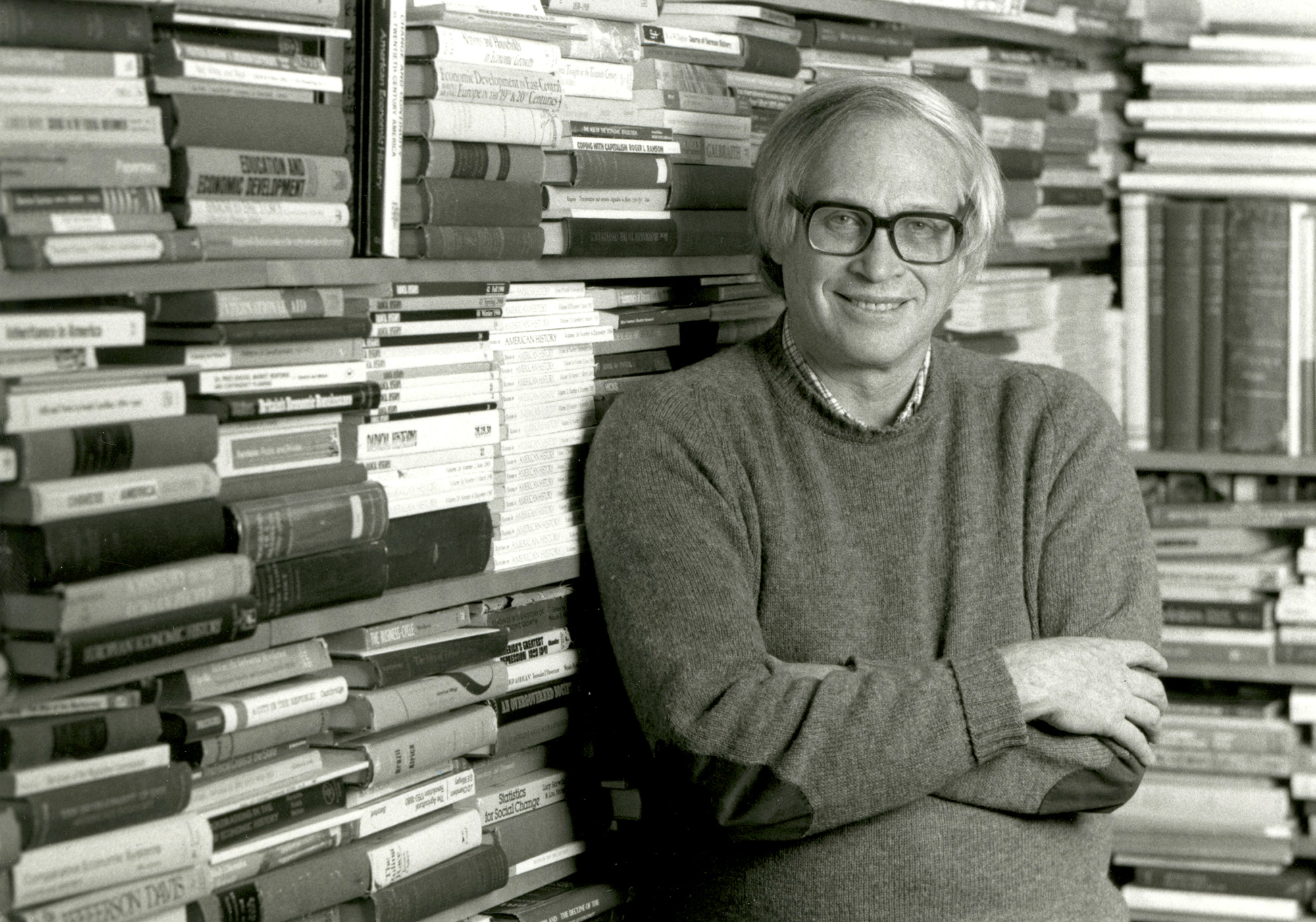
Stanley Engerman, at the forefront of modern economic history, remembered
In a Rochester career spanning more than 50 years, the economist developed an international reputation for his work on the economic impact of institutions, most notably through his study of slavery.

Alumnus Brian Daboll named NFL Coach of the Year
Brian Daboll ’97 was selected the National Football League’s Coach of the Year by the Associated Press after leading the New York Giants to the playoffs in his first season.
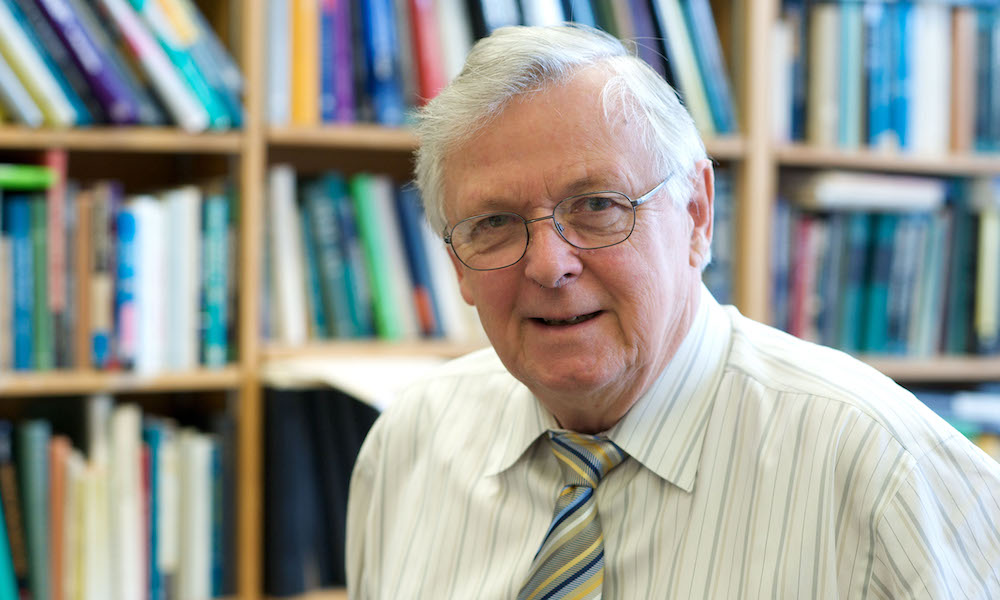
Ronald Jones remembered for landmark work in international economics
The professor emeritus helped establish the University’s PhD program in economics.

Expect another year of supply chain issues
Rochester economist George Alessandria explains what is causing the shortages—and why government intervention would be counterproductive.
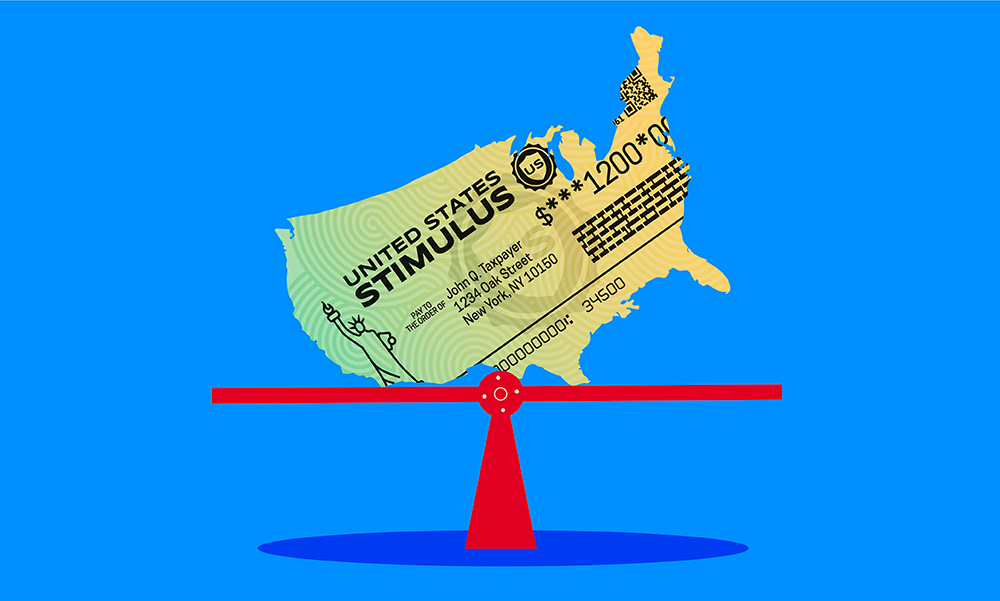
Monetary policy vs. fiscal policy: Which is more effective at stimulating the economy?
Rochester economist Narayana Kocherlakota explains the difference between the two—and why fiscal policy in the form of stimulus checks for all adults comes out ahead.
